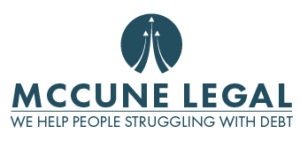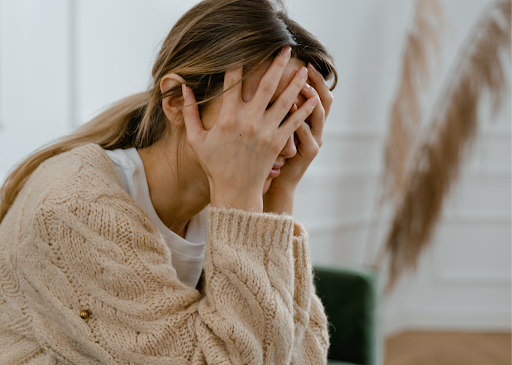Post-Covid Bankruptcy
As the U.S. tries to get back to “normal” (or whatever the new normal will look like), a lot of Americans are going to be faced with addressing some issues that they haven’t had to deal with over the past two years. The American Bankruptcy Institute reported on April 24, 2020 that over 3.4 million homeowners entered into COVID-19 related mortgage forbearance plans. The government put a lot of protections in place to help address all the economic issues related to Covid. These changes affected Chapter 13 bankruptcy and Chapter 7 bankruptcy in the following ways:
COVID-19 relief payments were not considered income
Payments made under federal law related to COVID-19 are excluded from the disposable income requirement of confirmation in the Bankruptcy Code and the income calculation for eligibility under Chapter 7.
Chapter 13 plans were allowed to go beyond five years
If the debtor was experiencing hardship due to COVID-19, then a Chapter 13 plan was allowed to extend the repayment period up to seven years after the first payment was due.
The consent of second moratoriums
In order to bring cases current, sometimes without the existence of a qualifying hardship under the CARES Act provisions, there were Chapter 13 Trustees who agreed to second moratoriums and longer time periods.
Implementation of payment deferments
Due to Covid-19, Chapter 13 creditors worked with the Chapter 13 trustees and debtors to agree upon and seek court approval for modifications to the payment plans in order to agree upon a loan modification, forbearance, or deferment.
CARES Act forbearances
Borrowers with federally-backed mortgage loans were able to request a forbearance from mortgage payments for up to 180 days if they had been affected by COVID-19. The Act also provided for separate forbearance rights for owners of multi-family property (five or more units).
CARES Act eviction relief
A Landlord of a covered dwelling (the building is secured by a federally-backed mortgage loan or one that participates in certain federal housing programs) was not able to file an action for eviction or charge additional fees for nonpayment of rent during a 120-day period that began March 27, 2020.
These protections have now been lifted. Foreclosure, garnishment, repossession, and other collection activities are all currently allowed to move forward. Additionally, PPP Loans have run out for most who were using them as a financial cushion. Given there’s no more assistance coming and the covid protections have all been lifted, people need to make sure they are paying attention to what is happening with their creditors and have a plan to deal with them. Bankruptcy is always an option that should be explored when things start to get tight and people begin to have a hard time paying all the bills.
In a post-covid world, many people will find themselves in difficult financial situations. In these circumstances, it’s important to note that filing for bankruptcy doesn’t have to be a bad thing. In fact, bankruptcy was put into place to help good people get out of a not so good situation. This is where an experienced team of bankruptcy attorneys comes into the picture. McCune Legal is your number one resource and advocate when it comes to all things bankruptcy.
Contact us to schedule your 30-minute FREE phone consultation and get all your big questions answered today. Bankruptcy doesn’t have to be the end – it is meant to be a new beginning.

